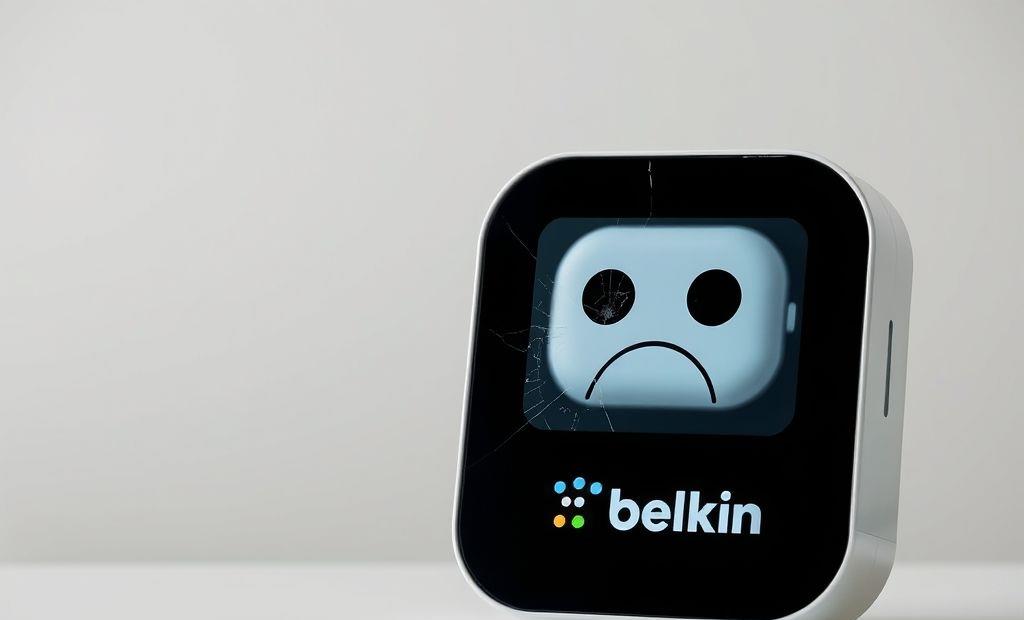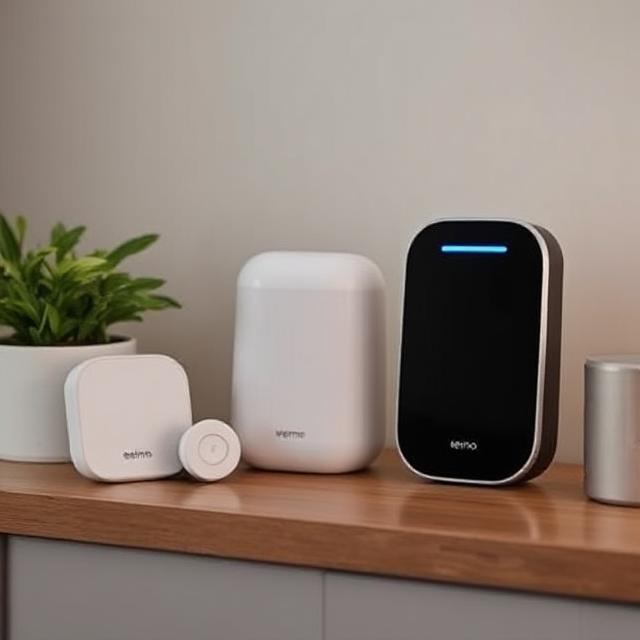Belkin Support Wemo Devices You Need to Know

Belkin Ends Support for Select Wemo Devices Notably, Belkin has announced it will end support for nearly all Wemo smart home devices effective January 31,...
⏱️ Estimated reading time: 3 min
Latest News
Belkin Ends Support for Select Wemo Devices
Notably, Belkin has announced it will end support for nearly all Wemo smart home devices effective January 31, 2026. After that date, any features relying on cloud connectivity such as remote control, voice-assistant integrations, and the Wemo app will cease to function. However, devices configured with Apple HomeKit and newer Thread-based models will continue working via HomeKit after the cutoff. Furthermore, Belkin plans to discontinue technical support, firmware updates, and customer service for the affected devices. Importantly, eligible products still under warranty may qualify for partial refunds, which will be processed after support ends. Ultimately, this decision reflects Belkin’s strategic shift away from older Wemo hardware to focus resources elsewhere .
Which Wemo Devices Are Affected?
Belkin is sunsetting support for several first-generation Wemo products. These include:
Consequently, affected devices will cease to function with the Wemo app and related services after the end-of-life date on January 31, 2026 meaning remote access, voice assistant integration, and cloud based control features will no longer work .
Impact on Users
Notably, the end of support means users will no longer receive firmware updates, security patches, or access to the Wemo app. Consequently, devices become uncontrollable through the app, and features like remote access, scheduling, and voice assistant integrations will stop working. As a result, this change can cause significant inconvenience and may leave users with largely non-functional smart home equipment.

What’s the Reason Behind This Decision?
Notably, Belkin plans to end support for most Wemo devices on January 31, 2026, citing technology limitations and rising maintenance costs for aging hardware and software. Consequently, the burden of keeping older systems compatible has grown increasingly expensive and complex. Moreover, as newer smart home standards like Thread and Matter emerge, older Wemo devices become harder to maintain and integrate. Ultimately, this decision reflects the growing challenge of balancing innovation with legacy support in the evolving smart home landscape
🛠 Why Belkin Made This Move
- High maintenance demands: Older Wemo products depend on outdated cloud systems and legacy code, making firmware updates and security patches increasingly complex.
- Resource prioritization: Belkin stated it needs to shift focus toward “different parts of the business” rather than sustaining obsolete devices.
Consequences for Users
- After support ends, users will lose all cloud-dependent features: remote control, automation, scheduling, voice integrations, and Wemo app access.
- Devices already integrated with Apple HomeKit or Thread will continue to work locally, but only if set up before the cutoff.
Refunds & Responsible Disposal
Notably, Belkin will terminate support for most Wemo devices on January 31, 2026, resulting in loss of firmware updates, security patches, and app access. As a consequence, out-of-warranty devices will lose functionality entirely. To address this, Belkin recommends responsibly recycling them through approved e-waste channels once support ends. Ultimately, this step helps reduce electronic waste and ensures environmentally sound disposal of obsolete hardware.
Affected devices still under warranty on or after January 31, 2026, qualify for partial refunds.
Alternative Options for Wemo Users
For users affected by this change, there are several alternative options to consider:
- Upgrade to Newer Wemo Devices: Belkin encourages users to upgrade to newer Wemo devices, which offer enhanced features and continued support.
- Explore Alternative Smart Home Brands: Consider switching to other smart home brands like Amazon Smart Plug or Philips Hue for your smart home needs. These platforms offer a wide range of compatible devices and robust support.
- DIY Solutions: For tech-savvy users, exploring DIY smart home solutions using platforms like Home Assistant could be an option. These platforms allow you to integrate various smart devices, but require technical knowledge to set up and maintain.
Related Posts

AI in 2026 How Intelligent Agents Are Becoming Trusted Work Partners
In 2026, artificial intelligence has transcended its role as a mere productivity booster, emerging as...
February 4, 2026
Bluesky Enhances Moderation for Transparency, Better Tracking
Bluesky Updates Moderation Policies for Enhanced Transparency Bluesky, the decentralized social network aiming to compete...
December 11, 2025

Google Maps: Gemini Tips, EV Charger Predictions & More!
Google Maps Gets Smarter: Gemini Tips & EV Updates Google Maps is enhancing user experience...
December 9, 2025










Leave a Reply